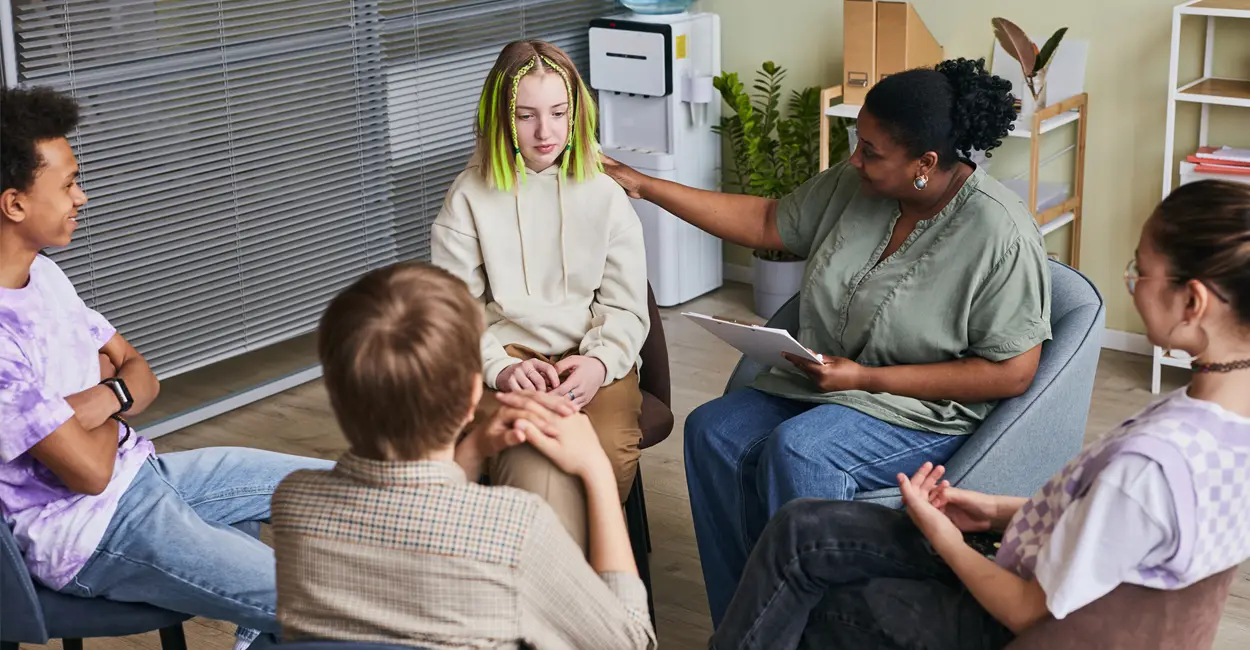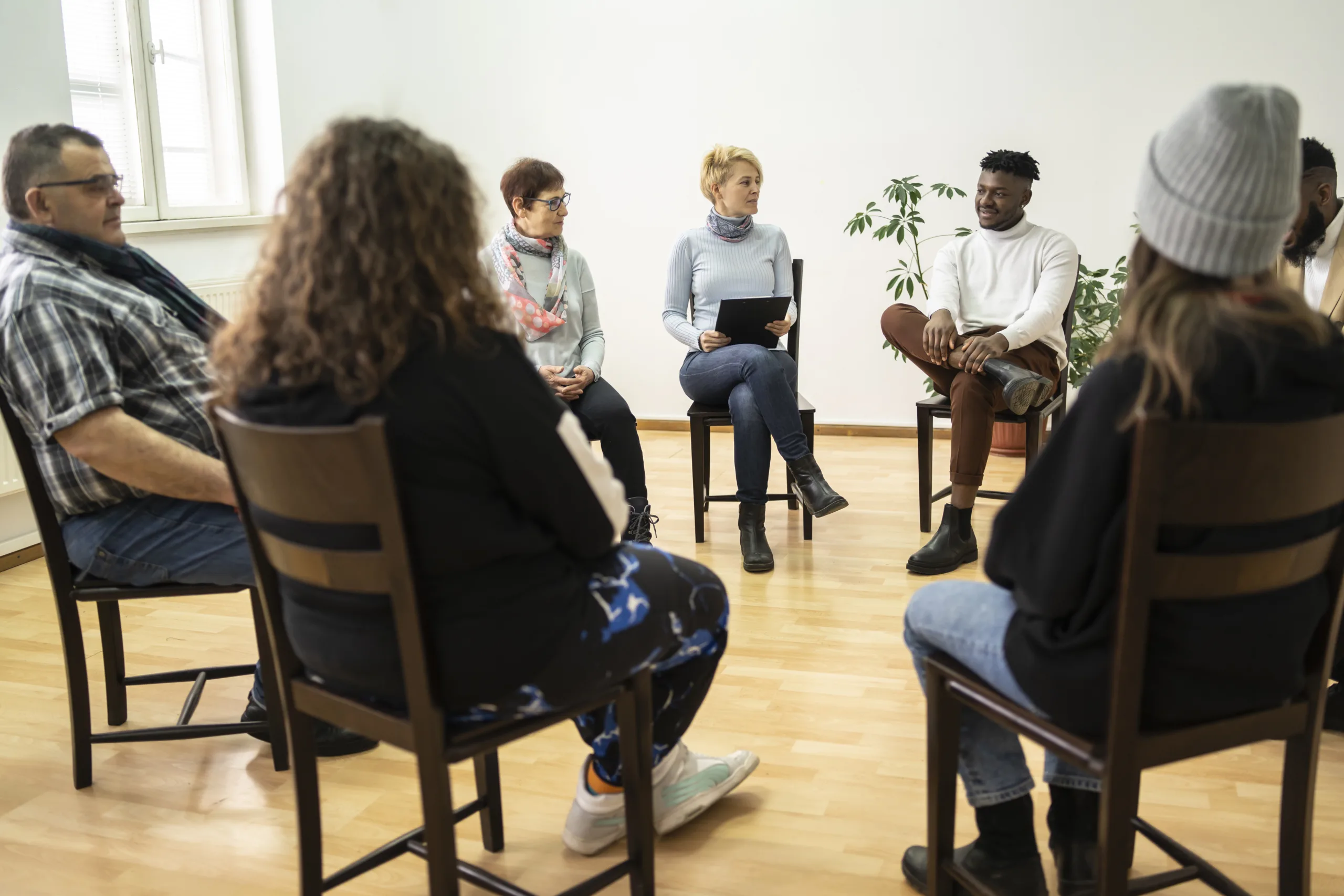24/7 Helpline:
(866) 899-221924/7 Helpline:
(866) 899-2219
Learn more about Aftercare Support centers in Vidor
Aftercare Support in Other Cities

Other Insurance Options

Highmark

Cigna

Covered California

Kaiser Permanente

Horizon Healthcare Service

Health Partners

Lucent

Amerigroup

Sutter

Premera

Magellan

Sliding scale payment assistance

Ambetter

Regence

State Farm

Anthem

Access to Recovery (ATR) Voucher

Group Health Incorporated

Oxford

WellCare Health Plans


































